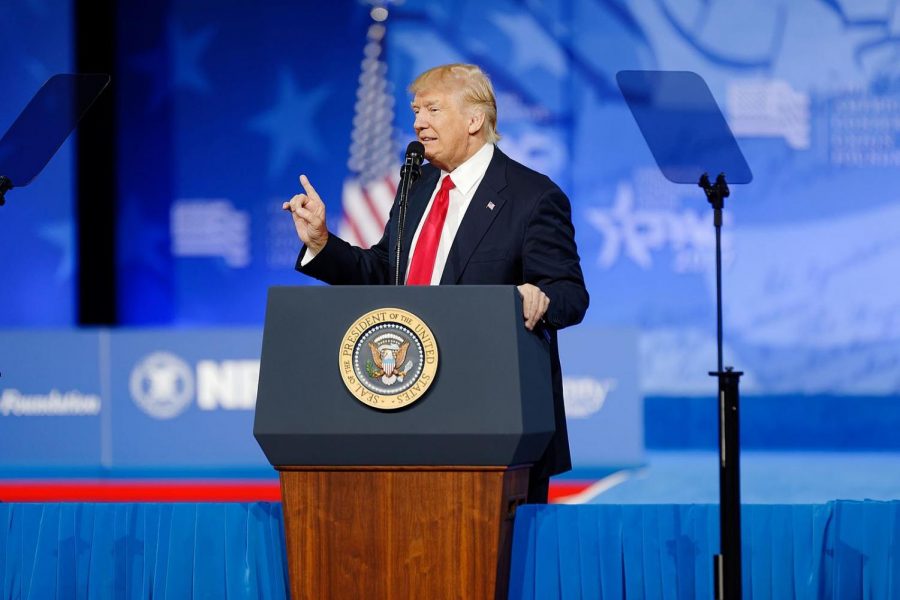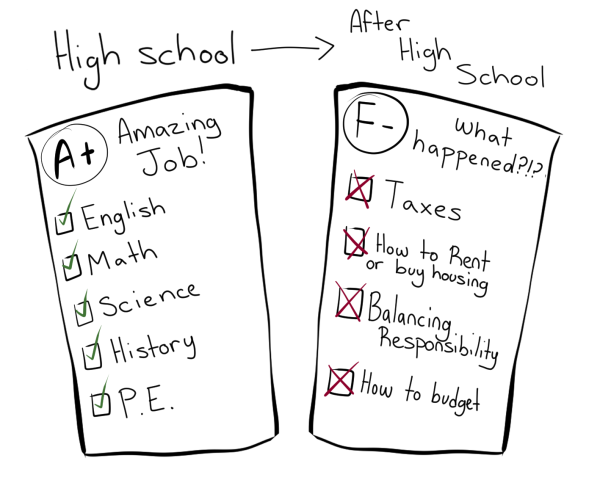It’s Time for the Debates to be Over
We are less than two weeks from election day and only moments away from what’s scheduled as the third and final presidential debate.
And while more 40 million votes have already been cast, President Donald Trump and former Vice President Joe Biden will have one last chance to convince undecided voters why they should head to the polls.
Well, maybe.
The Presidential Debates this election year have been anything but flawless.
The first presidential debate was largely referred to as a “Shitshow” by experts and journalists—calling it one of the worst Presidential debate performances in history.
The unusual and child-like tactics used by President Trump throughout the evening even led the Commission on Presidential Debates to issue a statement the next day saying they would provide additional structure to help support the integrity of the remaining debates.
The second debate also ran into difficulty after President Trump tested positive for the COVID-19 virus, placing his campaign on a brief pause. But the difficulty was to a great extent due to Trump’s refusal to participate in a virtual debate, saying he wasn’t going to waste his time on such a “ridiculous” idea.
Both candidates ended up holding separate, in-person town hall events.
Which leads us to Thursday night’s event, the third and final presidential debate. And stuck in the back of my mind is one pressing question: how are these presidential debates really serving the American people?
Now don’t get me wrong, this election year is unlike any other, the circumstances surrounding it are unprecedented— but we must be careful not to see the results of these presidential debates as simply an anomaly. Instead, these debates show obvious weaknesses in the format of the presidential debate when cast against the backdrop of an era of information and disinformation.
We can no longer trust that the integrity of the presidential debates can overcome its participants; which leaves me to believe, it’s time we cancel them.
Let’s take the results of the first and only debate so far. It took place Sept. 29, and consisted largely of incoherent babble and side remarks from President Trump, complimented by sighs and head shakes from former Vice President Biden. We watched as the moderator lost control and the structure and dignity of the presidential debate fell from grace.
And from it we learned almost nothing new about either candidate that we didn’t already know.
We did see that neither candidate was poised to handle the other’s personality, as we found out by watching what became no more than a shouting match between two grown men hurling insults at each other.
Viewers in search of proposed policies and promises of either candidate, were left disappointed—I was at least.
Of the issues discussed, little facts were conferred on both sides. Biden claimed there were 100 million people with pre-existing conditions at risk of losing their health coverage; President Trump said there was not. Trump claimed to have a vaccine ready very soon; Biden accused him of not listening to the scientists. By the end of the night viewers were left with a sense of awe and confusion.
Though for some viewers, it’s not about what’s said, but how it’s said. The debates pose an opportunity to see how candidates hold themselves under pressure, in front of the public, and in front of their competitor.
“There are voters who might vote off the appeal or the emotional sense of a person,” said Mark Trezza, a political science professor at Fresno City College.
“Just like, how is this person on a stage, how do they conduct themselves, and does this person seem to be in everything they take in, the way they respond, how are they paying attention, are they being dismissive,” said Trezza. “All these little social cues that some people might view as important.”
We’ve seen this in past presidential debates. In a 2008 debate between then Sen Hillary Clinton and Barack Obama, Clinton was asked how she would respond to voters who said they found Obama more likable. Obama interrupted her answer to respond, “you’re likeable enough, Hillary.”
The decision by Obama, risked potentially threatening a character he worked hard to develop to voters. But these small quips and witty remarks are miniscule in comparison to the display shown on Sept. 29.
The real problem is, as Chritina Cauterucci writes for Slate, “these contests will always take place on the terms of the worst person on the stage,” and that’s exactly what happened during the last presidential debate.
President Trump proved that the institution of civic debate was no match for his rhetoric of misinformation, conspiracy theories, and white supremacy. His platform moved from late night tweets to primetime television, broadcasted to millions of Americans. His mistruths were not challenged on stage, they were amplified.
President Trump has shown that continuing this tired tradition poses too great of risk to the American people.
Even as it was announced Oct. 19, that The Commission on Presidential Debates would implement new changes to the debate format, including the turning off of microphones to prevent interruptions, like those that plagued the first debate.
The move comes as a step in the right direction, but unfortunately it comes too late—the damage has been done.
And as we lead into Thursday night’s debate, one hopes that America is prepared for yet another shitshow.

David Richards, 28 years old, is an English Major at Fresno City College. Born in Fresno, David graduated from Buchanan High School in 2010. He is a returning...






